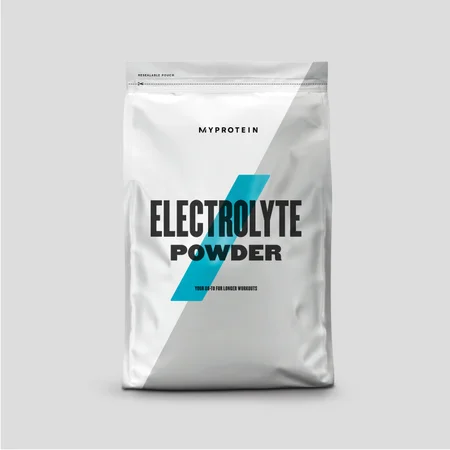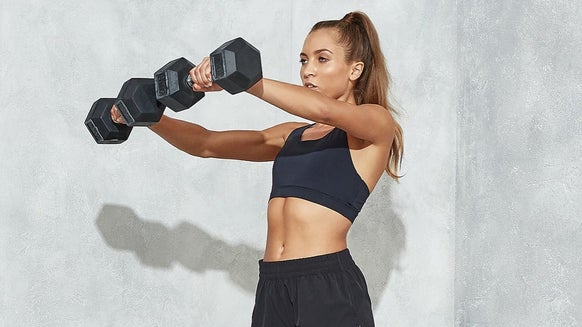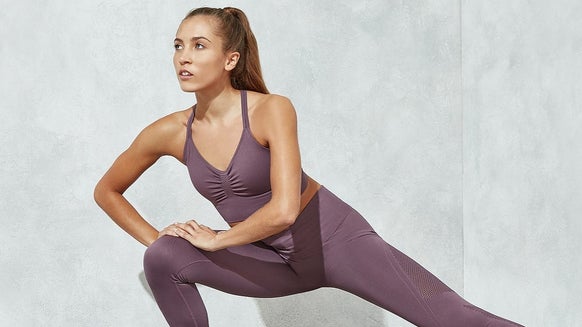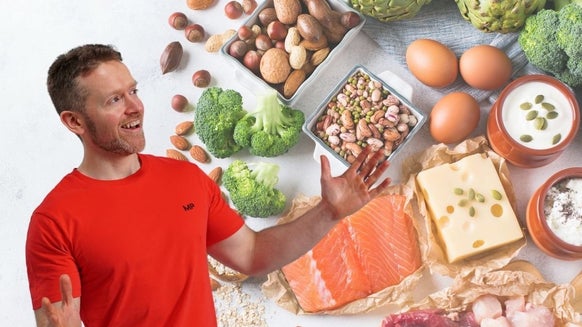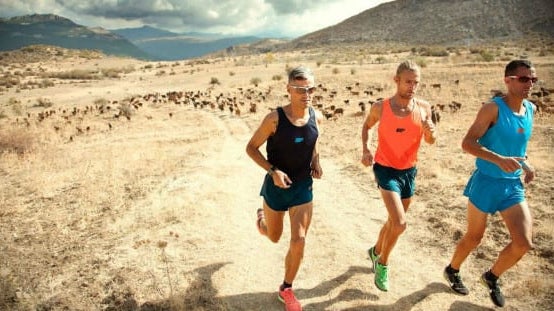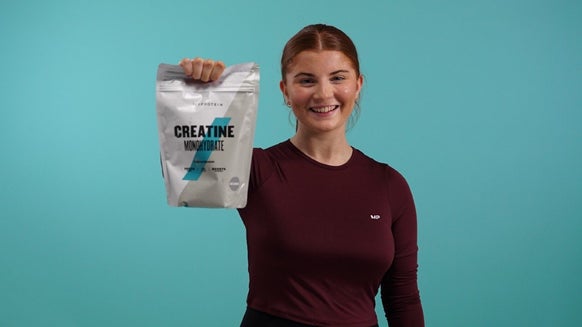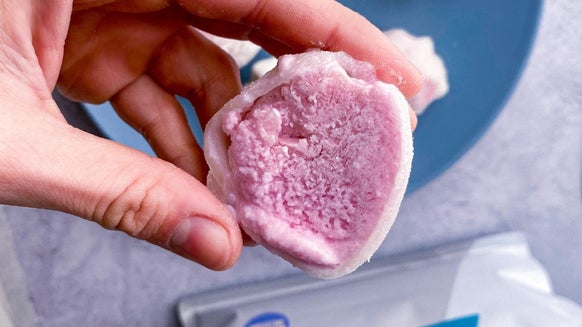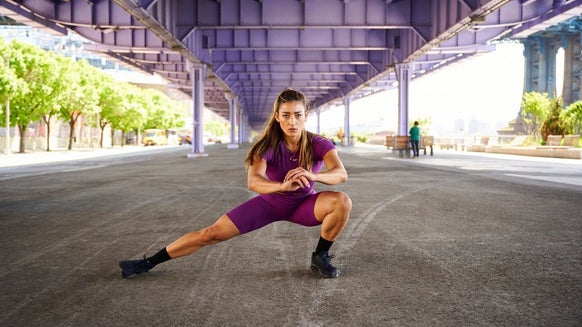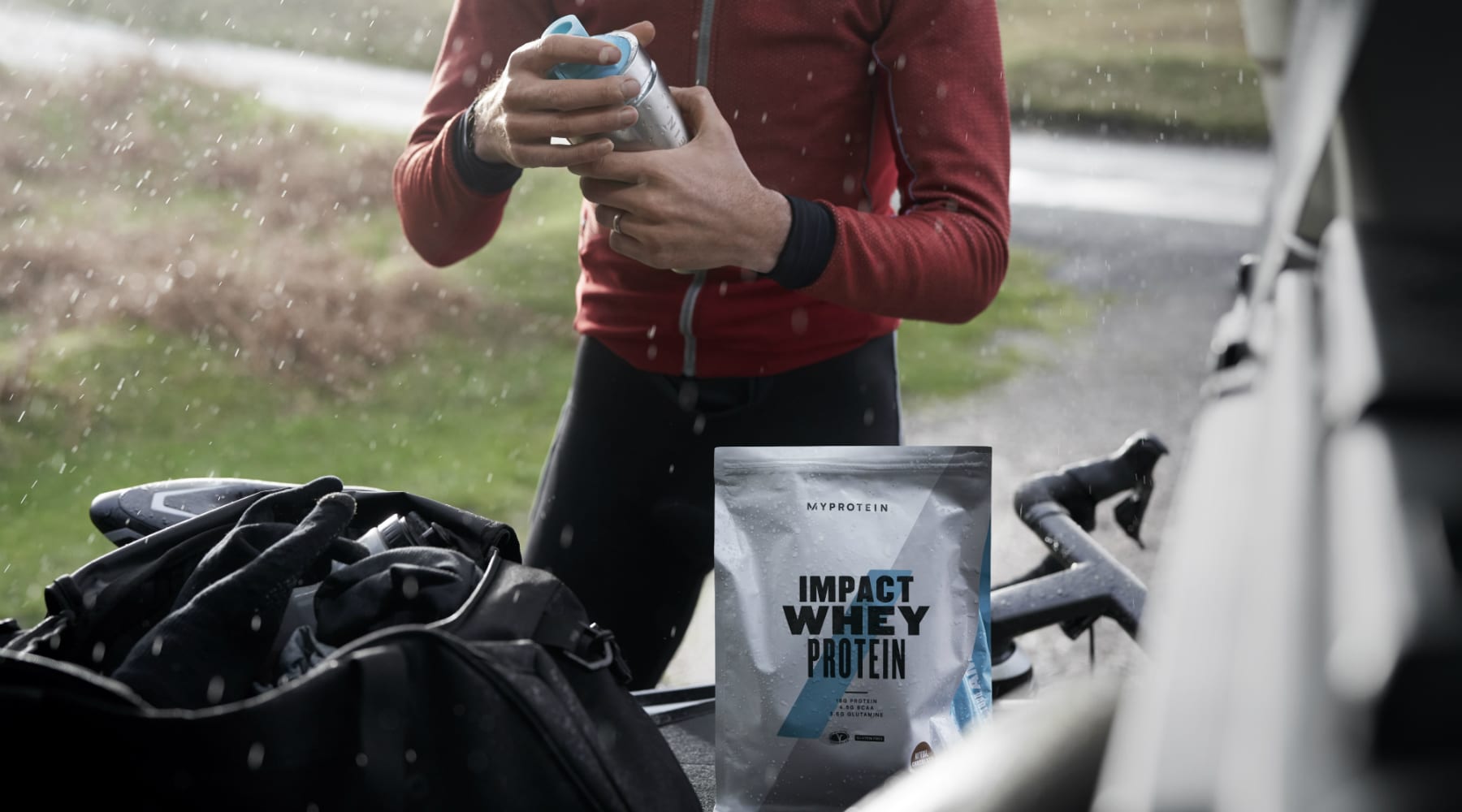
If you’ve caught the biking bug, there are heaps of trails you can take – road cycling, mountain biking, BMX, so take your pick. When you start to be competitive (even if it’s only against yourself) then there are ways that you can really boost your performance. A good place to start is your diet — and alongside eating right, you might want to consider supplements for cycling to get the most out of your ride.
- Should you Try Cycling Supplements?
- What Types of Supplements are Best for Cycling?
- Best Pre-Ride Supplements
- Best Mid-Ride Supplements
- Best Post-Ride Supplements

Should You Try Cycling Supplements?
Are you lagging at the back of the pack, or did you get a flying start only to hit the wall at halfway?
What Types of Supplements are Best for Cycling
When it comes to the best supplements for cycling, you have to consider your goals and what type of cycling you’re doing. Supplements to support a long-distance race or trip will work differently than those designed to give you a burst of speed for shorter, faster rides.
Endurance aerobic activity, whether running or cycling, both benefit from carbohydrate-based supplements to keep your energy levels up. Consuming fast-acting carbohydrates gives your body an efficient source of energy (and one that is preferred to breaking down stored glycogen).
Best Pre-Ride Supplements for Cycling
For Endurance
Oats and Whey Protein Bar
Need a quick snack that’ll keep you going for hours? The Oats and Whey bar is the perfect snack before you hit the saddle. It contains 38g of carbs from oats, which means a low-glycaemic index and slow release of energy. These high quality, complex carbs are just what you need for sustained energy during your ride.
It doesn’t stop there, though — packed with 22g of protein, it will provide your muscles with what they need for muscle mass and maintenance. Coming in 4 delicious flavours, there’s one for every kind of ride.
100% Instant Oats
Looking for a breakfast that’ll kick-start your bike ride? Adding some oats is the only answer. With 62g of carbs per serving and a low-glycaemic index (GI), they’ll make any shake all the more potent to power you on.
Foods with a low GI mean a slow release of energy, with no blood sugar spike and crash. Oats are a whole grain carbohydrate source that’s perfect to help you power through.
For Explosive Speed
Creatine
This supplement is one of the most researched out there, and there’s actually quite a bit on the benefits for cycling too. Creatine
Unlike carbs which are turned into energy with oxygen, creatine works by supporting your muscle’s anaerobic power, and studies support that it can boost peak power as well as average power, making it one of the best supplements for sprint cycling.
Some research also suggests that creatine could help the body to use oxygen more efficiently by improving your exercise capacity,
Beta-Alanine
Beta-alanine is a modified version of the amino acid alanine, which when ingested, turns into carnosine. Carnosine acts as a buffer in the body to stop pH levels in the blood from dropping too low.
In terms of supplements for cycling, studies have shown that taking this supplement can significantly enhance sprint performance at the end of an endurance race or ride – great news for that final race for the line, or just that push to the front of the pack.
Mid-Ride Supplements for Cycling
Energy Gel Elite
An energy gel could be the answer to refuelling your mid-ride motor. Energy Gel Elite contains an impressive 25g of carbs to re-energise your muscles.
100% Essential Electrolyte
Simply add to your drink and off you go. Electrolyte Powder
Adding electrolytes to your water bottle will provide you with sodium, potassium, magnesium and calcium
Post-Ride Supplements for Cycling
Whey Protein
Protein is the answer to your sore legs after a tough training ride or race, as it helps with muscle repair and growth. Whey protein powder is a convenient and tasty way to make sure that you’re getting the nutrition you need.
Our high-quality Impact Whey provides you with all the essential amino acids, including 4.5g of BCAAs and 3.6g of glutamine. Coming in at only 103 calories per shake, it won't sit too heavily on your stomach either.
THE Whey+
This blend will blow your cycling socks off. High quality protein isolate and Groplex™ – a blend of fast- and slow-digesting protein – is the push off for this superior protein powder.
The PhaseTech™ technology slowly releases BCAAs from beadlets, with additional leucine and glutamine for hours of protein repair. There’s no doubt that THE Whey+ is top of the list of supplements for cycling enthusiasts who want to be back on their bike as soon as possible.
Vitamin D3
Although cycling is a pretty low-impact sport, you need supple joints to keep the wheels turning. Research also recommends taking up a higher impact sport, such as running to keep your bones strong.
Take Home Message
READ THESE NEXT:

Claire is a Registered Dietitian through the Academy of Nutrition and Dietetics and a board-certified Health and Wellness Coach through the International Consortium for Health and Wellness Coaching. She has a Bachelor of Science in Biology and a Master’s degree in Clinical Dietetics and Nutrition from the University of Pittsburgh.
Talking and writing about food and fitness is at the heart of Claire’s ethos as she loves to use her experience to help others meet their health and wellness goals.
Claire is also a certified indoor cycling instructor and loves the mental and physical boost she gets from regular runs and yoga classes. When she’s not keeping fit herself, she’s cheering on her hometown’s sports teams in Pittsburgh, or cooking for her family in the kitchen.
Find out more about Claire’s experience here.
- Cermak, N. M., & van Loon, L. J. (2013). The use of carbohydrates during exercise as an ergogenic aid. Sports Medicine, 43(11), 1139-1155.
- Campbell, B. I., Wilborn, C. D., & La Bounty, P. M. (2010). Supplements for strength-power athletes. Strength & Conditioning Journal, 32(1), 93-100.
- Kanter, M. (2018). High-quality carbohydrates and physical performance: Expert panel report. Nutrition today, 53(1), 35.
- Vandebuerie, F., Eynde, B. V., Vandenberghe, K., & Hespel, P. (1998). Effect of creatine loading on endurance capacity and sprint power in cyclists. International journal of sports medicine, 19(07), 490-495.
5. Smith, J. C., Stephens, D. P., Hall, E. L., Jackson, A. W., & Earnest, C. P. (1998). Effect of oral creatine ingestion on parameters of the work rate-time relationship and time to exhaustion in high-intensity cycling. European journal of applied physiology and occupational physiology, 77(4), 360-365.
6. Jones, A. M., Carter, H., Pringle, J. S., & Campbell, I. T. (2002). Effect of creatine supplementation on oxygen uptake kinetics during submaximal cycle exercise. Journal of applied physiology, 92(6), 2571-2577.
7. Van, R. T., Van, K. P., Vanden, B. E., Puype, J., Lefere, T., & Hespel, P. (2009). Beta-alanine improves sprint performance in endurance cycling. Medicine and science in sports and exercise, 41(4), 898-903.
8-9. Artioli, G. G., Gualano, B., Smith, A., Stout, J., & Lancha Jr, A. H. (2010). Role of beta-alanine supplementation on muscle carnosine and exercise performance. Med Sci Sports Exerc, 42(6), 1162-1173.
10. Coggan, A. R., & Coyle, E. F. (1991). Carbohydrate ingestion during prolonged exercise: effects on metabolism and performance. Exercise and sport sciences reviews, 19, 1-40.
11. Kennedy, D. O. (2016). B vitamins and the brain: Mechanisms, dose and efficacy—A review. Nutrients, 8(2), 68.
12. Von Duvillard, S. P., Braun, W. A., Markofski, M., Beneke, R., & Leithäuser, R. (2004). Fluids and hydration in prolonged endurance performance. Nutrition, 20(7-8), 651-656.
13. Kraemer, W. J., Fleck, S. J., & Deschenes, M. R. (2011). Exercise physiology: integrating theory and application. Lippincott Williams & Wilkins.
14-15. Hayes, A., & Cribb, P. J. (2008). Effect of whey protein isolate on strength, body composition and muscle hypertrophy during resistance training. Current Opinion in Clinical Nutrition & Metabolic Care, 11(1), 40-44.
16. Nichols, J. F., Palmer, J. E., & Levy, S. S. (2003). Low bone mineral density in highly trained male master cyclists. Osteoporosis International, 14(8), 644-649.
17. Pearce, S. H., & Cheetham, T. D. (2010). Diagnosis and management of vitamin D deficiency. Bmj, 340(7738), 142-147.
18. Holick, M. F. (1996). Vitamin D and bone health. The Journal of nutrition, 126(suppl_4), 1159S-1164S.
